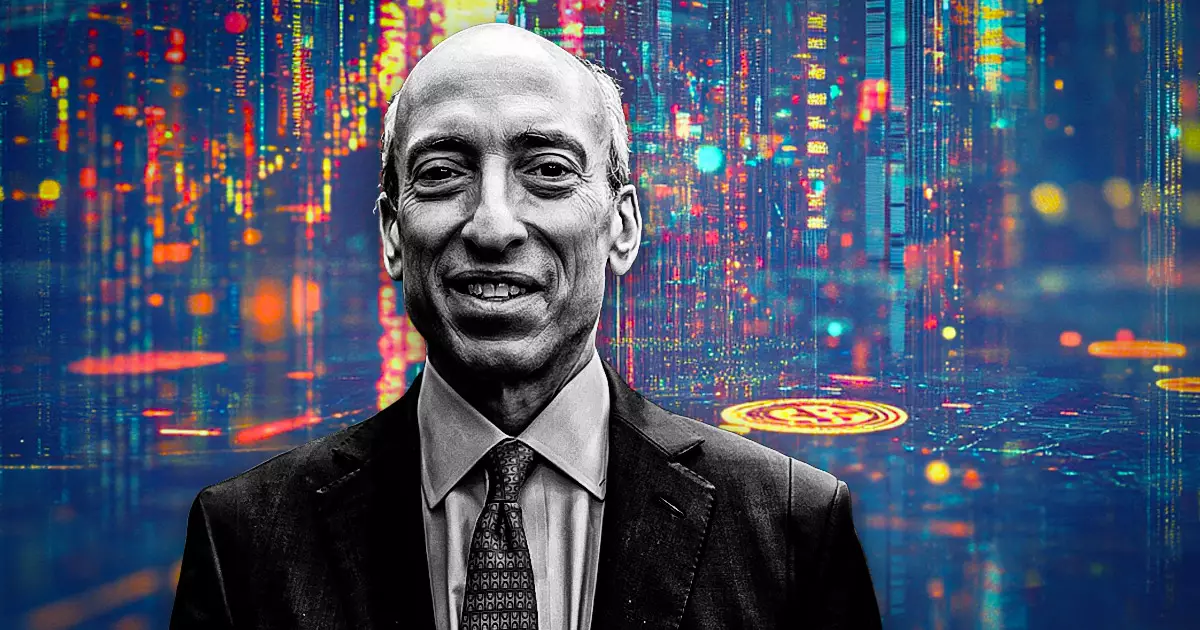As Gary Gensler prepares to exit his position as Chair of the Securities and Exchange Commission (SEC), stakeholders within the cryptocurrency industry reflect on the contentious legacy he leaves behind. Throughout his tenure, which has seen an aggressive regulatory posture towards crypto companies, Gensler’s sentiments have often drawn sharp criticism. His recent interview with Bloomberg highlights a perspective that frames the crypto market as “rife” with bad actors, a stance that many industry participants argue is overly pessimistic and alienating.
Under Gensler’s leadership, the SEC initiated nearly 100 enforcement actions, a response he claims is necessary to safeguard investors from a landscape filled with potential scams. He pointedly referenced the agency’s earlier actions under his predecessor, Jay Clayton, as a foundation for his own initiatives. However, while Gensler’s enforcement actions may demonstrate a proactive approach, they have also instigated significant legal battles, costing the crypto sector over $400 million in defense fees, according to the Blockchain Association. This strategy has left many within the industry questioning whether such a confrontational stance is the most effective way to foster innovation.
Gensler’s assertion that the crypto market is overly speculative reflects a broader skepticism regarding the nature of many digital assets, especially when juxtaposed with traditional financial markets. He estimates that aside from Bitcoin, there are between 10,000 to 15,000 digital projects, many of which he likens to high-risk ventures with uncertain returns. By characterizing the vast majority of crypto offerings as devoid of strong fundamentals, Gensler seems to overlook the innovative potential of blockchain technology and decentralized finance. This imbalanced view raises questions about whether regulatory frameworks can strike a balance between ensuring investor protection and nurturing sector growth.
The backlash against Gensler from key figures in the crypto community, such as Coinbase’s Chief Legal Officer, Paul Grewal, is telling. Grewal accuses Gensler of failing to reflect on the implications of his policies, highlighting how his approach has galvanized opposition, particularly in politically nuanced regions. Pro-crypto attorney Bill Morgan further contends that the SEC itself has internal issues, labeling the agency as “rife with bad actors,” an assertion that underscores the complexity of the agency’s role in regulating a rapidly evolving sector.
As Gensler prepares to depart the SEC on January 20, his legacy will undoubtedly shape the future of crypto regulation in the United States. The polarization between Gensler’s SEC and the crypto industry is evident, with a clear imperative for future leadership to reconsider the balance between regulation and innovation. Moving forward, it may be crucial for regulators to engage in a more collaborative dialogue with industry stakeholders to create a regulatory landscape that not only protects investors but also encourages the growth of blockchain technology. The stakes are high, and the future of cryptocurrency may depend on finding common ground in this ongoing discourse.

